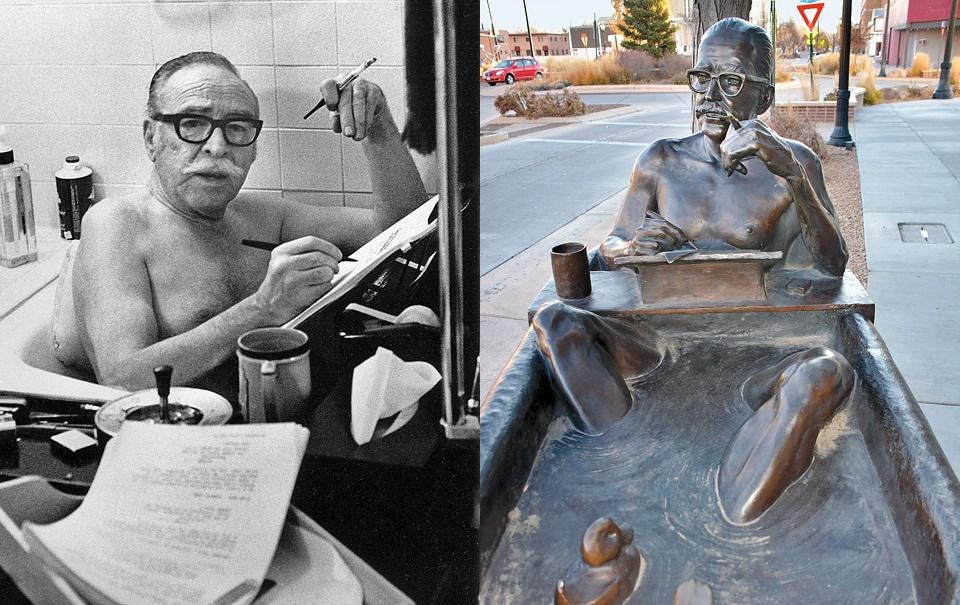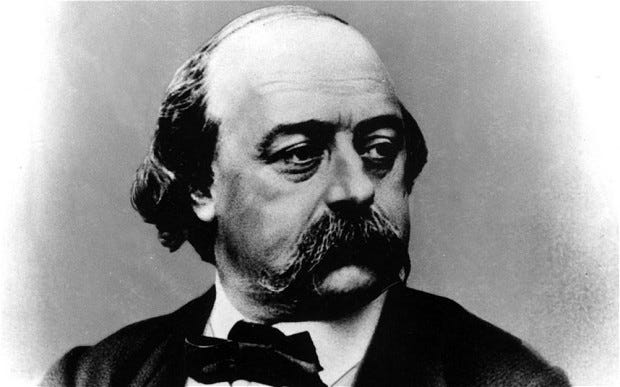"Be regular and orderly in your life, so that you may be violent and original in your work." | Sunday Long Reads
The power of habits
*** In this newsletter, you will learn
How some of the most creative professionals get work done
How order in their personal life propels them towards creativity in their work lives
How the notion of creative genius is often misunderstood
*** Passion Economy in the Norwegian Parliament
*** How to become an official member of Network Capital?
*** What you should watch to understand career transitions: How Anjan quit Goldman Sachs to pursue war journalism
*** Picture of the week: Original painting of “The Scream” by Edward Munch
Order, Habits and Rituals
Gustave Flaubert was a French novelist who was perhaps the leading exponent of literary realism in his country. He said, "Be regular and orderly in your life, so that you may be violent and original in your work."
When we think of creative work, we often think of artists getting sparks of genius where great works of imagination flow. While there may be some truth in that, most creative work results from rigor and diligence toward the art form. In simple words, being at it for long and consistent periods of time. The unglamorous toil occasionally makes way for what we call genius. The mistake is listening to part of the story and focusing only on the “Eureka Moment”.
There are some who write or build only when they feel inspired but most of us should consider learning from the norm, not the exception.
Dalton Trumbo liked to write while he was in the bathtub. Writing while bathing was less about the bath and more about the idea that being there in the water was a comfortable place to write all night. Carving out the space, pace, and time for creative work matters.
In his book Daily Rituals author Mason Currey describes Flaubert’s daily routine:
“Flaubert woke at 10 am each morning and rang for the servant, who brought him the newspapers, his mail, a glass of cold water, and his filled pipe. At about 11 am he would join his family in the dining room for a late-morning meal that served as both his breakfast and his lunch. Then the family moved outdoors for a stroll. In the afternoon he commenced his daily lesson with his niece Caroline, which took place in his study. After an hour of instruction, Flaubert dismissed his pupil and settled into the high-backed armchair in front of his large round table and did some work – mostly reading. After a meal at 7 pm, he sat and talked with his mother until she went to bed. At about 10 pm his real work began. Hunched over his table while the rest of the household slept, he struggled to forge a new prose style, one stripped of all unnecessary ornament and excessive emotion in favor of merciless realism rendered in precisely the right words.”
Again, you will see a clear attempt by Flaubert to make his day predictable so that he could experiment while working.





